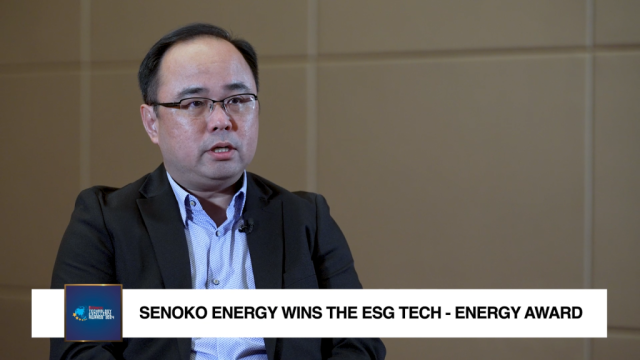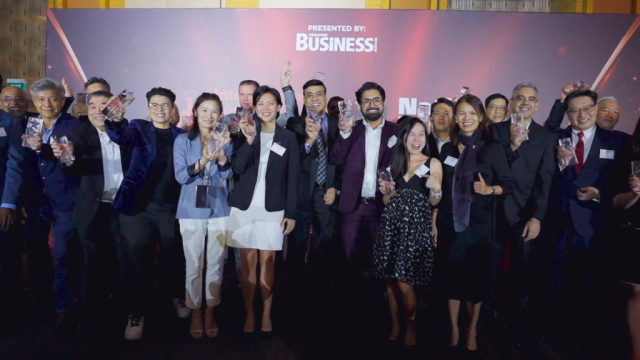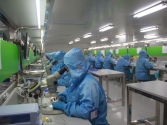Is HR doing enough for the future of your business?
By Filippo SartiA new report suggests some HR departments are not doing enough to safeguard the future of their business. Pinpointing some gaps in key HR capabilities, it also stresses the need to eliminate the silo mentality in companies’ approach to HR, IT and real estate. Businesses that do so will be better equipped to thrive in the future.
The report - called “Meeting the Future of Work”, published by Regus and author John Blackwell - emphasises the futility of trying to predict exactly what the future of work will actually look like. Instead, it looks at the methods, models and mindsets that will help businesses deal with whatever the future throws at them.
HR strengths
With people and leaders central to any future success, HR departments clearly have a key role in preparing a business for the future. Based on interviews with HR executives across the world, the report indicates the areas where HR departments are performing well:
• Sourcing and recruiting from outside the organisation
• Retaining valued talent
• Managing labour costs
• Evaluating workforce performance
• Enhancing workforce productivity
• Efficiently allocating the workforce.
The list is a useful checklist for Singapore’s 154,000 SMEs, which employ about two-thirds of Singapore’s workforce. When it’s so easy for an HR director’s time to be eaten up by fire-fighting, do you think your business, too, is handling those areas well enough?
… and HR weaknesses
“Meeting the Future of Work” also highlights three areas where businesses are doing less well:
Developing workforce skills and capabilities: many businesses said they recognise the importance of skills development, but are not doing it rapidly or effectively enough.
Fostering collaboration and knowledge sharing: 78% of HR leaders do not believe their organisations are effective at fostering collaboration and social networking. They use collaboration tools for recruitment and in corporate communications, but they’re missing the opportunity to use them for sharing ideas and knowledge across their organisation.
Developing future leaders: Firms need to move beyond traditional leadership methods, which focus on effective management, and develop leaders who are more creative.
Filling those three gaps could make a significant contribution to businesses’ future agility and productivity.
Singapore’s own HR to-do list
Admittedly, it’s hard for Singapore’s HR departments to address such future planning when they already have much to contend with – from an ageing workforce; to how to manage costs; to how to keep their workforce motivated in the face of problems like rising transport costs.
Indeed, research for Regus earlier this year highlighted the impact of transport price hikes: 90% of businesses thought workers in Singapore would demand higher wages to offset the rise in transport costs. Around four in ten businesses thought there would be greater demand to work at home. In fact, since most staff find they dislike the isolation of home-working, this could well morph into greater demand to work at locations closer to home. Both findings are major issues for business because they potentially have a huge impact on their costs and working practices.
The research showed that employers too are looking to change the way they work, introducing greater flexibility into their operating practices. Asked about the best options for saving costs without jeopardising growth, Singapore’s employers had four preferred routes:
Using more pay-as-you-go services (46%)
Reducing fixed workspace (45%)
Having shorter supply chains (43%)
Using more cloud IT applications (40%).
An interconnected task
If businesses put those strategies into practice, then property, HR and IT teams will have some major – and fascinating – projects on their hands. Those projects will also be interconnected. If you reduce fixed workspace, and answer employees’ appetite for working closer to home, they must have the IT framework to collaborate at multiple locations. The HR team must also develop new ways to measure performance.
When we talk about the future of work, it’s easy to slide into abstract concepts an strategies. So, it’s important to remember we’re talking about real people, with real commuting issues and a real need to balance work and family life. If HR, IT and property teams can interconnect to make real people more productive and more creative, it’s a great recipe for success - in both the present and the future.

























 Advertise
Advertise










